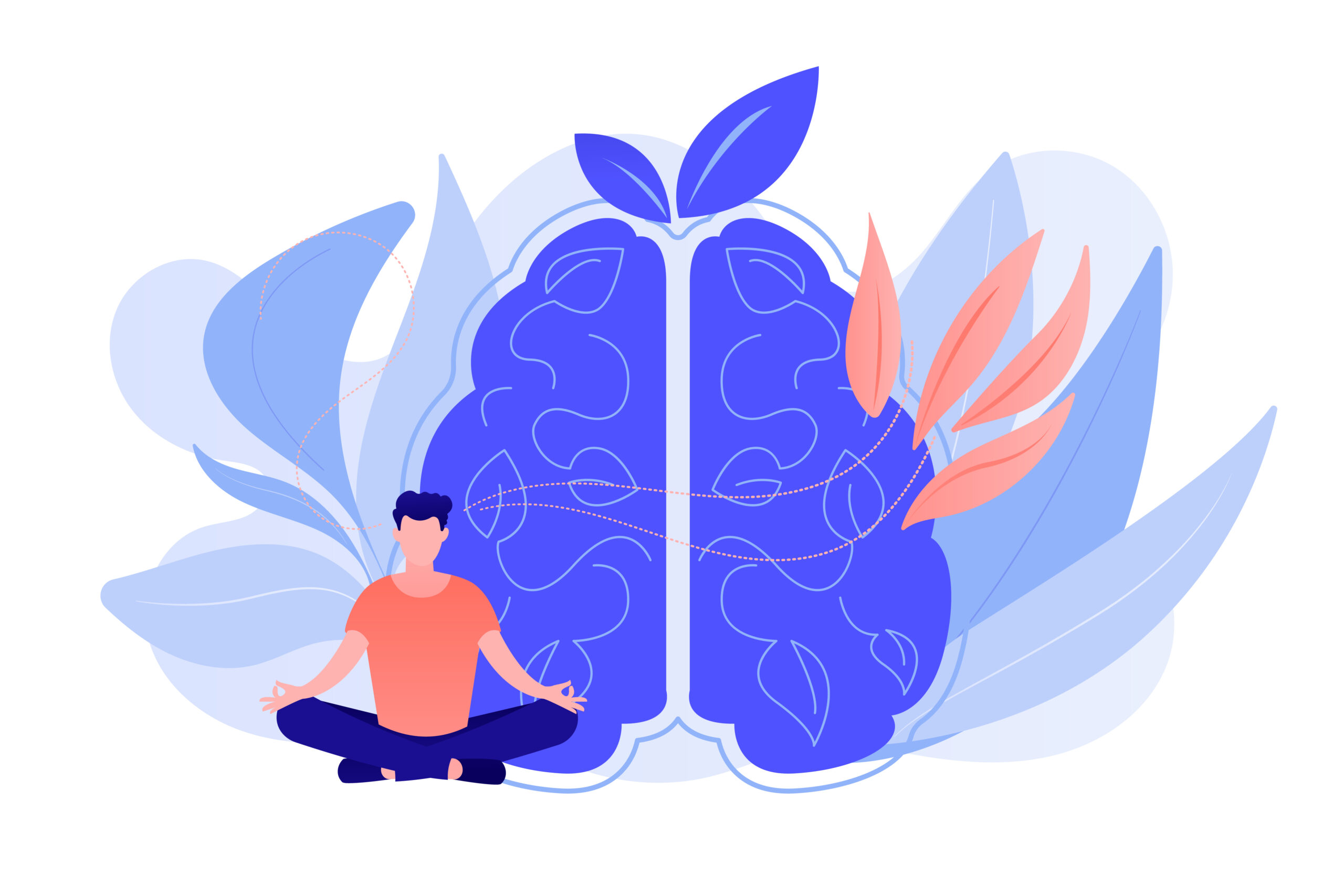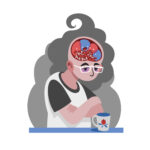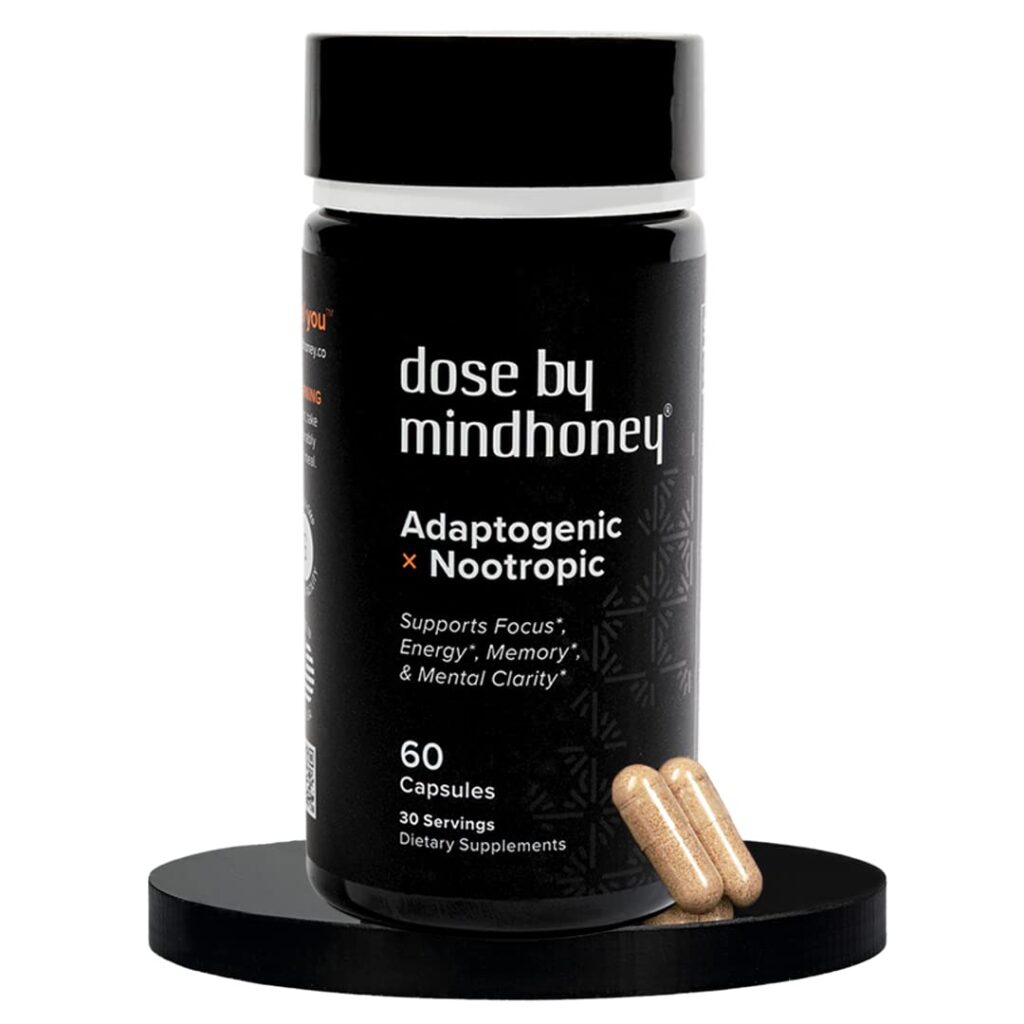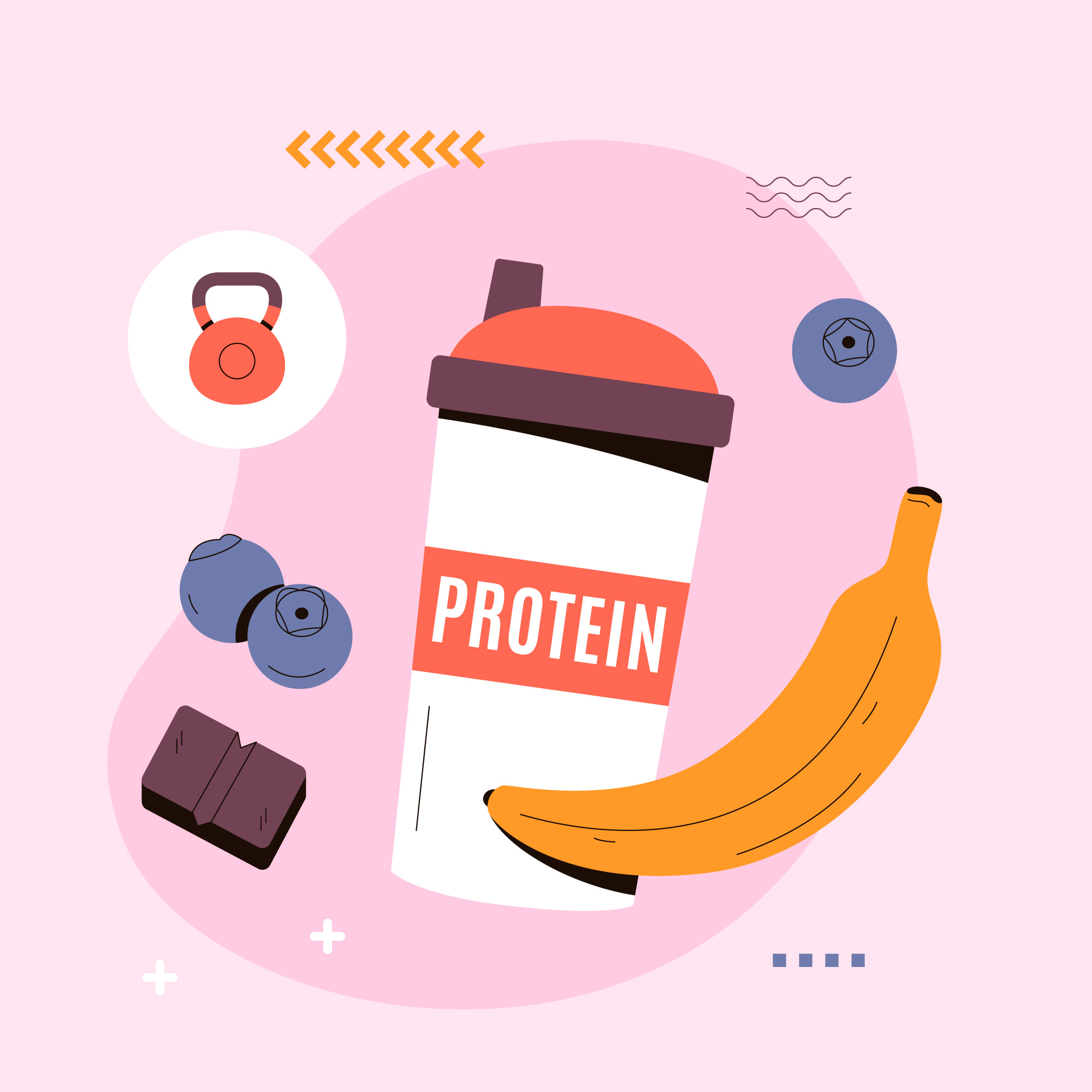Taking a Holistic and Mindful Approach to ADHD: Finding Balance and Well-Being
Attention-Deficit/Hyperactivity Disorder (ADHD) is often viewed through a narrow lens, focusing primarily on symptoms and medical management. However, embracing a holistic and mindful approach can lead to a deeper understanding of ADHD and promote overall well-being. This approach not only enhances the quality of life for those affected but also empowers them to harness their unique strengths. Here’s how to incorporate holistic and mindful practices into managing ADHD.
Understanding a Holistic Approach
A holistic approach to ADHD means considering the whole person, not just the symptoms. It involves recognizing the interplay between mind, body, and environment. This perspective emphasizes that various factors contribute to ADHD symptoms, including diet, lifestyle, emotional well-being, and environmental influences.
Key Components of a Holistic Approach:
- Nutrition: What we eat can significantly impact brain health and behavior.
- Exercise: Physical activity boosts mood and cognitive function, offering benefits that extend beyond mere physical fitness.
- Mindfulness and Mental Health: Techniques such as mindfulness, meditation, and therapy can improve focus and emotional regulation.
- Sleep Hygiene: Quality sleep is crucial for cognitive function, mood, and overall health.
- Environmental Modifications: A supportive environment can reduce distractions and enhance focus.
Mindfulness: A Path to Presence and Clarity
Mindfulness involves being fully present in the moment and aware of your thoughts and feelings without judgment. For individuals with ADHD, practicing mindfulness can cultivate self-awareness and help manage impulses.
Benefits of Mindfulness for ADHD:
- Improved Focus: Mindfulness techniques can enhance attention and concentration.
- Emotional Regulation: Mindfulness helps individuals recognize emotional triggers and respond more thoughtfully.
- Stress Reduction: Mindful practices reduce anxiety and promote relaxation, which is especially beneficial for those dealing with the stressors of ADHD.
Practical Strategies for a Holistic and Mindful Approach to ADHD
1. Diet and Nutrition
- Balanced Meals: Focus on whole foods, incorporating plenty of fruits, vegetables, lean proteins, and healthy fats. Omega-3 fatty acids, found in fish, flaxseeds, and walnuts, are particularly beneficial for brain health.
- Limit Processed Foods: Cutting back on sugar, artificial additives, and preservatives can help improve attention and reduce hyperactivity.
2. Regular Physical Activity
- Find What You Love: Whether it’s yoga, dancing, biking, or hiking, engaging in enjoyable physical activities can help improve focus and reduce hyperactivity.
- Routine: Implementing a consistent exercise routine can have long-term benefits for mood and concentration.
3. Incorporate Mindfulness Practices
- Meditation: Set aside just a few minutes each day for meditation. Start with guided sessions focusing on breath awareness or body scanning. Apps like Headspace or Calm offer great resources for beginners.
- Mindful Breathing: Take moments throughout the day to practice deep breathing. This practice can ground you and increase your awareness of the present moment.
4. Develop a Sleep Routine
- Consistent Schedule: Go to bed and wake up at the same time each day. A consistent routine aligns your body’s internal clock, enhancing sleep quality.
- Create a Relaxing Environment: Make your sleeping area conducive to rest by keeping it dark, quiet, and cool.
5. Optimize Your Environment
- Declutter: Reducing visual distractions in your workspace or home can enhance focus. Create organized spaces with specific zones for work and relaxation.
- Foster a Supportive Atmosphere: Surround yourself with supportive individuals who understand ADHD, and communicate your needs clearly.
6. Engage in Therapy or Coaching
- Cognitive Behavioral Therapy (CBT): Consider working with a therapist who specializes in ADHD. CBT helps individuals develop coping strategies, challenge negative thought patterns, and improve emotional regulation.
- ADHD Coaching: Coaching can provide personalized strategies to address specific challenges and enhance personal strengths.
Conclusion
Taking a holistic and mindful approach to ADHD offers a pathway to greater balance, well-being, and empowerment. By integrating practices that nurture the mind, body, and environment, individuals with ADHD can discover new ways to thrive. Remember, there is no one-size-fits-all approach; experimentation is key in finding the right combination of strategies that work for you. By prioritizing self-compassion and mindfulness, it’s possible to navigate the complexities of ADHD with grace and resilience. Embrace the journey, and remember that every step you take towards awareness and balance is a step towards a fulfilling life.









